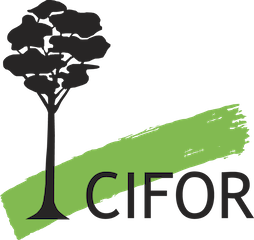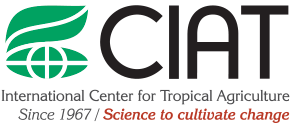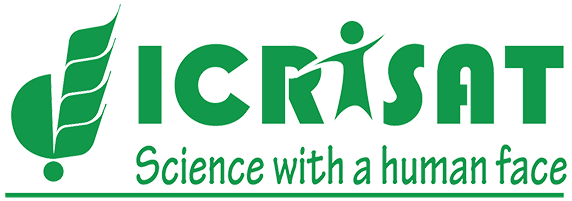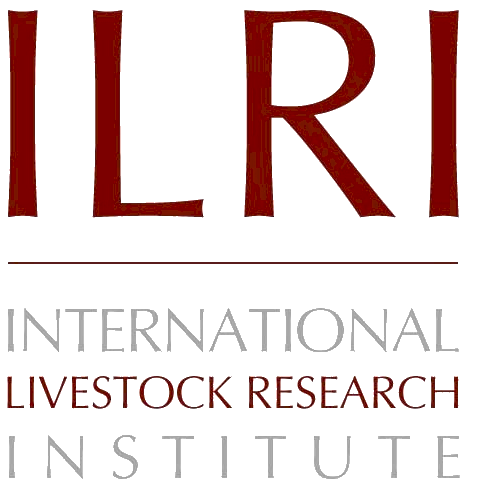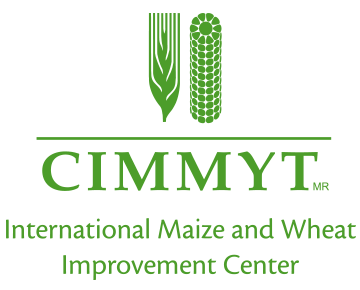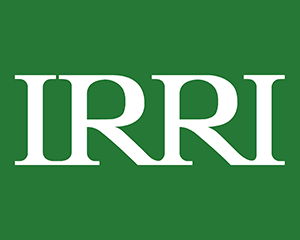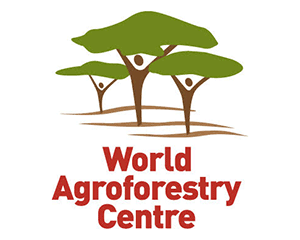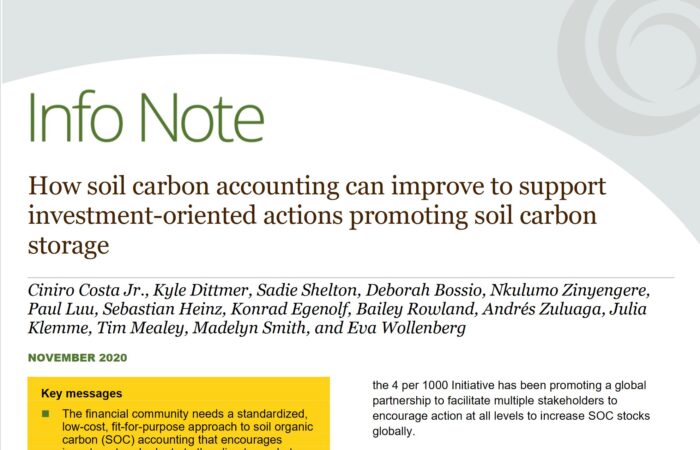
Key messages
◼ The financial community needs a standardized, low-cost, fit-for-purpose approach to soil organic carbon (SOC) accounting that encourages investment and adapts to the climate market.
◼ To encourage investments, an accounting system should provide “value for money,” align with global goals and support co-benefits, while safeguarding reputational risks.
◼ Building a sequenced approach to improve accounting accuracy requires planning to reduce uncertainties of the accounting systems overtime.
◼ Developing low-cost SOC accounting requires i) focusing on a few high-quality direct measurements (opposed to multiple low-quality measurements), ii) reducing the uncertainty of models, and iii) enhancing capability to easily incorporate farm-level activity data.
◼ Moving to hybrid measurement approaches (a mix of direct measurements with modeling and remote sensing) seems to be the most cost-effective pathway to achieve low-cost SOC accounting systems.

